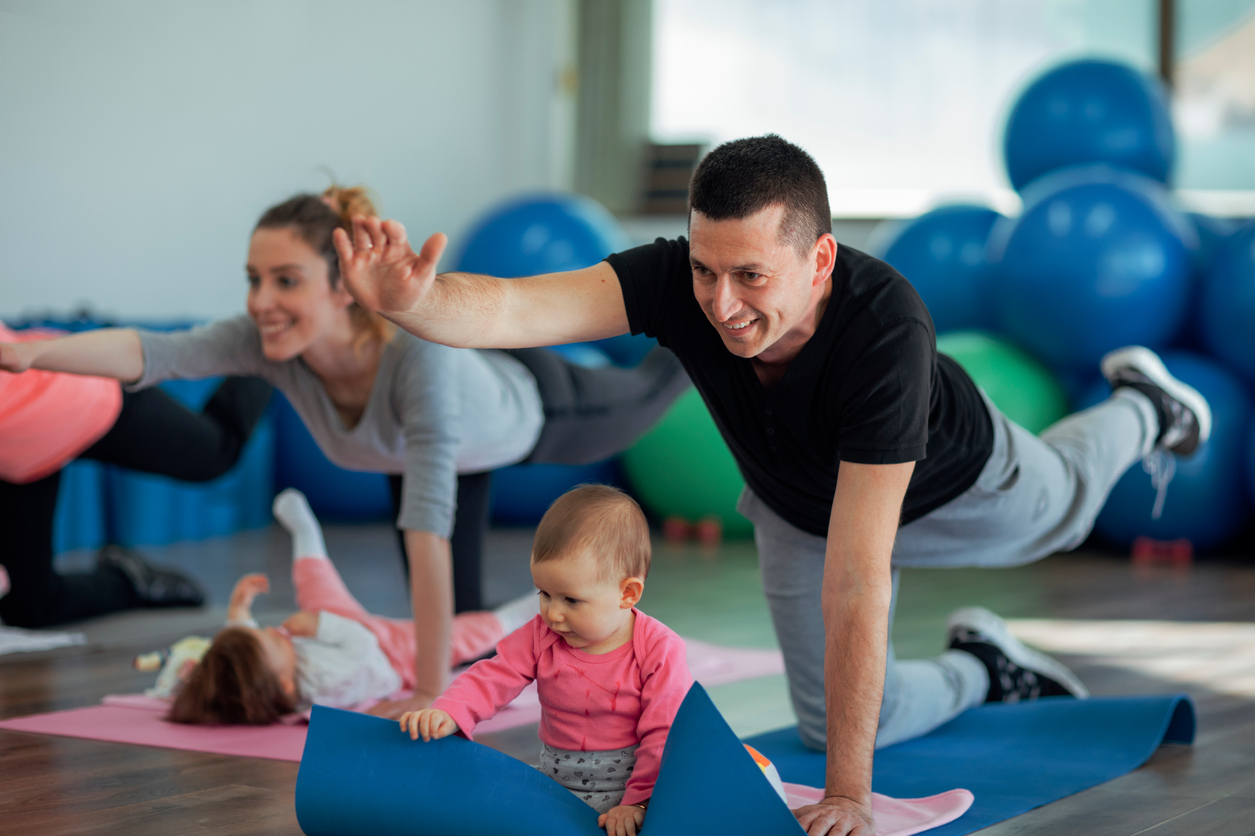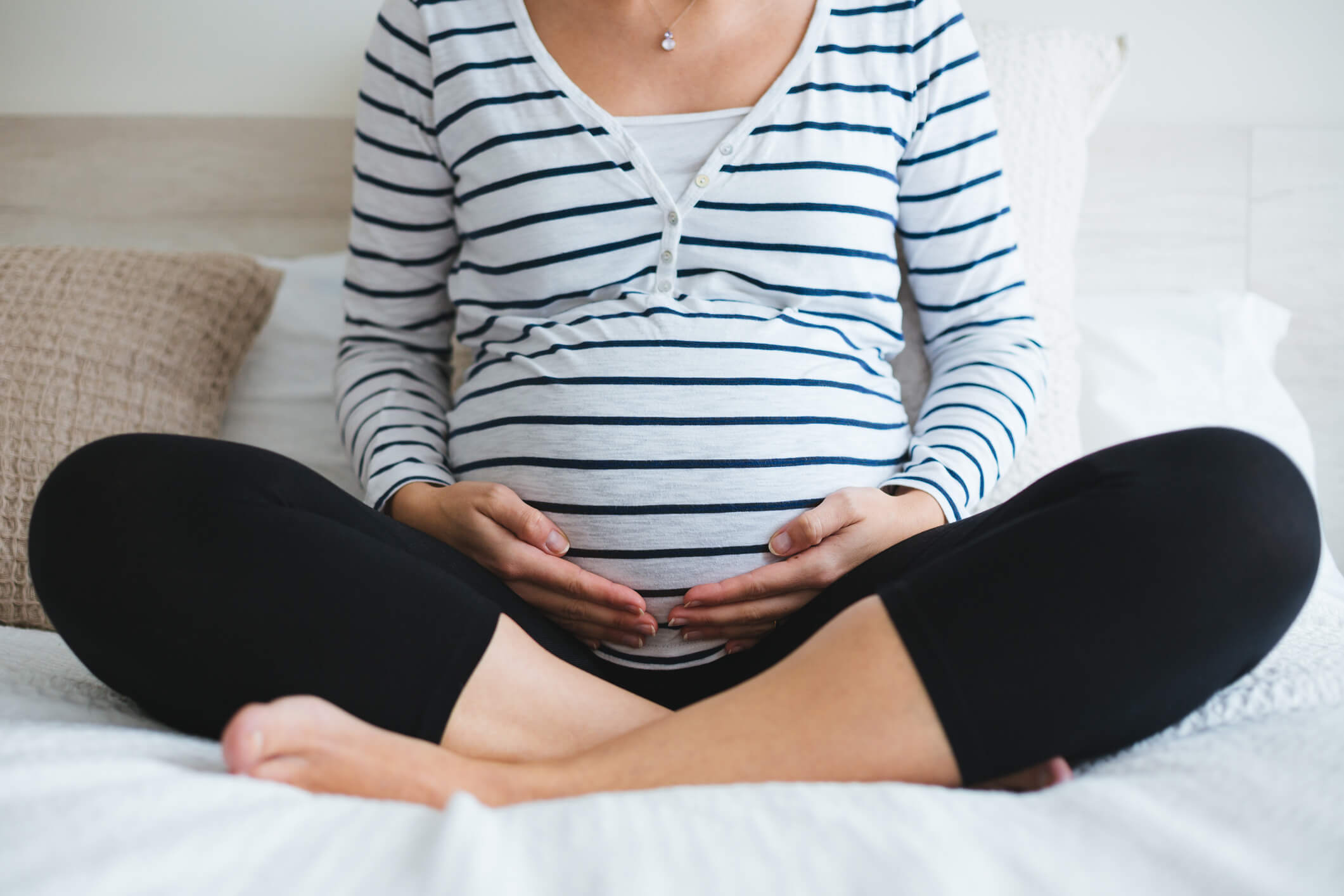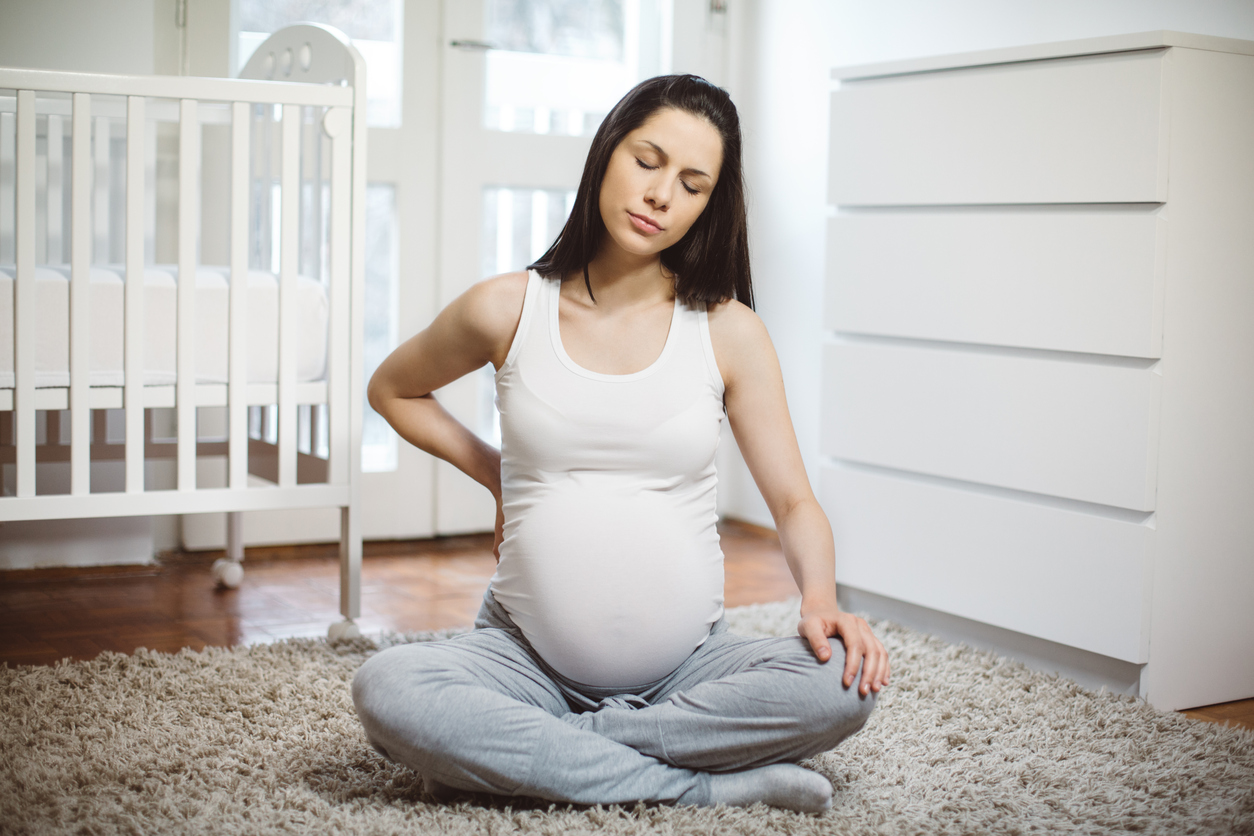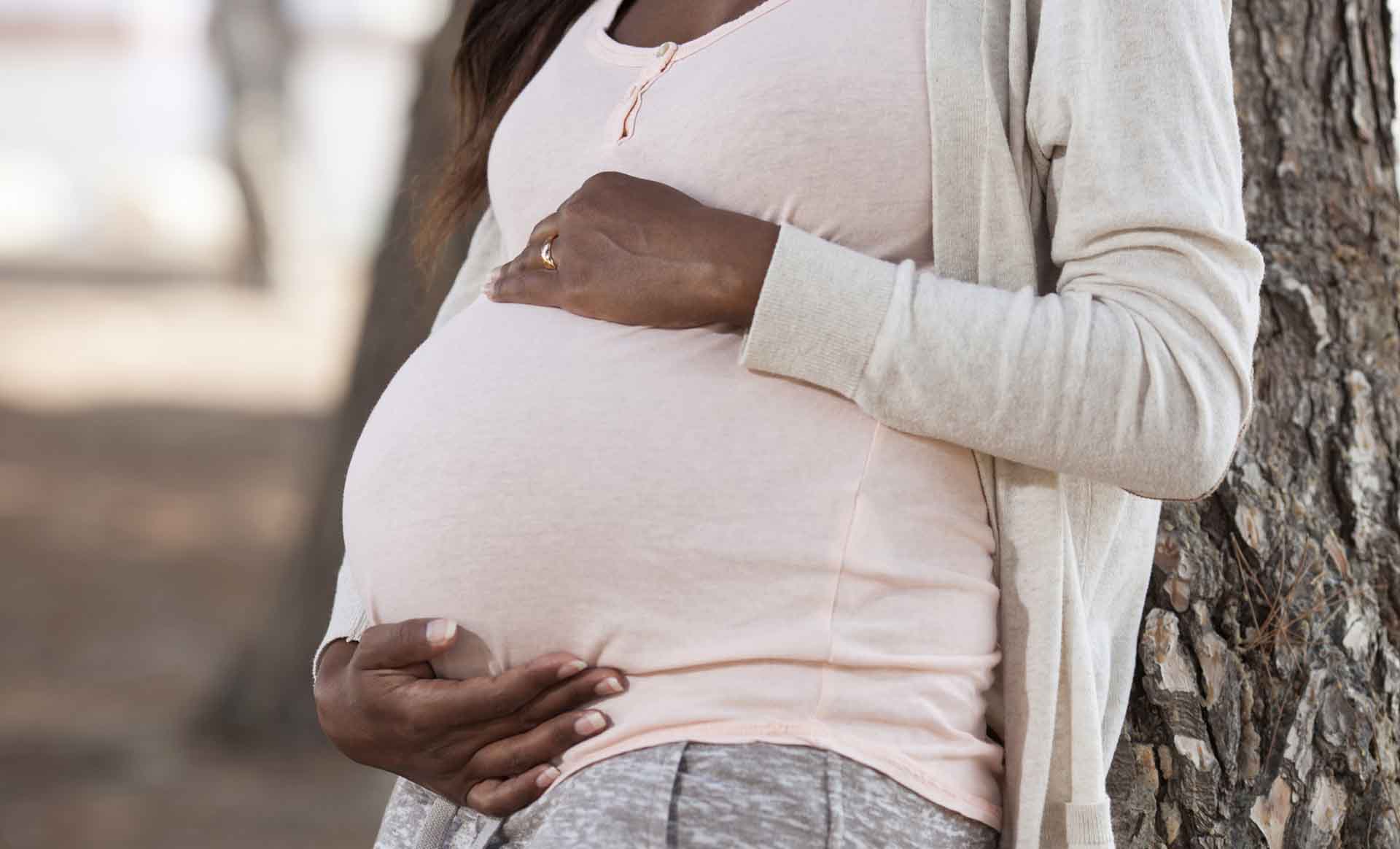-
Everyone needs a getaway every now and then – particularly those preparing for life with an extra family member. But when you’re pregnant, there’s slightly more to think about than which pair of swimmers to pack. Whether it’s a final hurrah with friends before the due date or a romantic weekend away to celebrate the news, it helps to have answers to all those travel-while-pregnant related questions before packing your bags. Here, we dive into it all to give you a practical guide to taking a trip during your pregnancy.
When to go
While there’s nothing to stop women from travelling during the first trimester from a health and baby safety standpoint, some newly-pregnant women experience nausea, dizziness and fatigue during the first few months of their pregnancy. You may find yourself not feeling up to travelling very far.
The ideal time for pregnant women to travel is usually the second trimester (as long as there are no underlying complications). As at this point, you’re more likely to be over the morning sickness, but still ahead of the fatigue that generally sets in during the third trimester. Baby bumps will be starting to show, but not so much as to make car or air travel uncomfortable.
At the pointy end of your pregnancy (after 28 weeks), it’s recommended that you get approval from your doctor before travelling – especially if you’re jumping on a plane. Most Australian airlines have handy guidelines on their websites about flying whilst pregnant.
And if you plan on travelling long distances or overseas at any stage during your pregnancy, consult your doctor first.
READ MORE: Surviving the first six weeks with a new baby
Tips for plane travel
Flying is safe for both you and bub, but be aware that air travel in the last 6 weeks of pregnancy could trigger premature labour. Always chat to your doctor if you have any concerns.
It’s a good idea to take extra special care of yourself during the flight – especially if you’re flying long haul. Walk up and down the aisles frequently, hash out some leg exercises to keep the blood flowing (and reduce the risk of deep vein thrombosis), and drink plenty of water throughout the flight.
Final hot tip: aisle seats are a godsend for anyone who may find themselves going to the toilet more frequently than usual.
Tips for car travel
If you’re planning a road trip, schedule in a few extra pit-stops for toilet and leg-stretching breaks. It might jack up the overall travel hours, but your body will thank you.
Give yourself as much room in the car as possible, whether you’re driving or in the passenger seat. Not only will you and your bump be more comfortable, but you’ll protect yourself against harmful airbag impact in the event of a collision.
Always wear a seatbelt, and settle on your soundtrack well in advance, because there’s nothing worse than dud road trip songs!
Staying healthy on your trip
Some vaccinations are generally not recommended for pregnant women, as the viruses they contain could potentially harm an unborn bub. For this reason, travel to developing countries or places that require immunisation against certain diseases is ill-advised.
That being said, it’s important to prioritise your health no matter where you go. Always make considered choices when eating and drinking – contracting a water or food-borne illness is not only unpleasant for mum, but some medications for treating stomach upsets aren’t suitable for pregnant women.
READ MORE: Sex after baby: everything you need to know
Things to be aware of while travelling
Travel can be synonymous with sensory overload, but if you’re travelling whilst pregnant, use it as an opportunity to unwind rather than to go overboard. Plan your days in advance, and be conscious of overexerting; lying on a beach with a mocktail might trump activities that normally attract travellers (horseback riding, scuba diving, mountain climbing and water sports) if you’re expecting.
Always carry a water bottle while sightseeing – staying hydrated is important, particularly if you’re travelling in summer.
And remember, if you’re concerned about anything or wanting some advice before, during your holiday or once you return, chat to a doctor.
Planning a babymoon? What you need to know
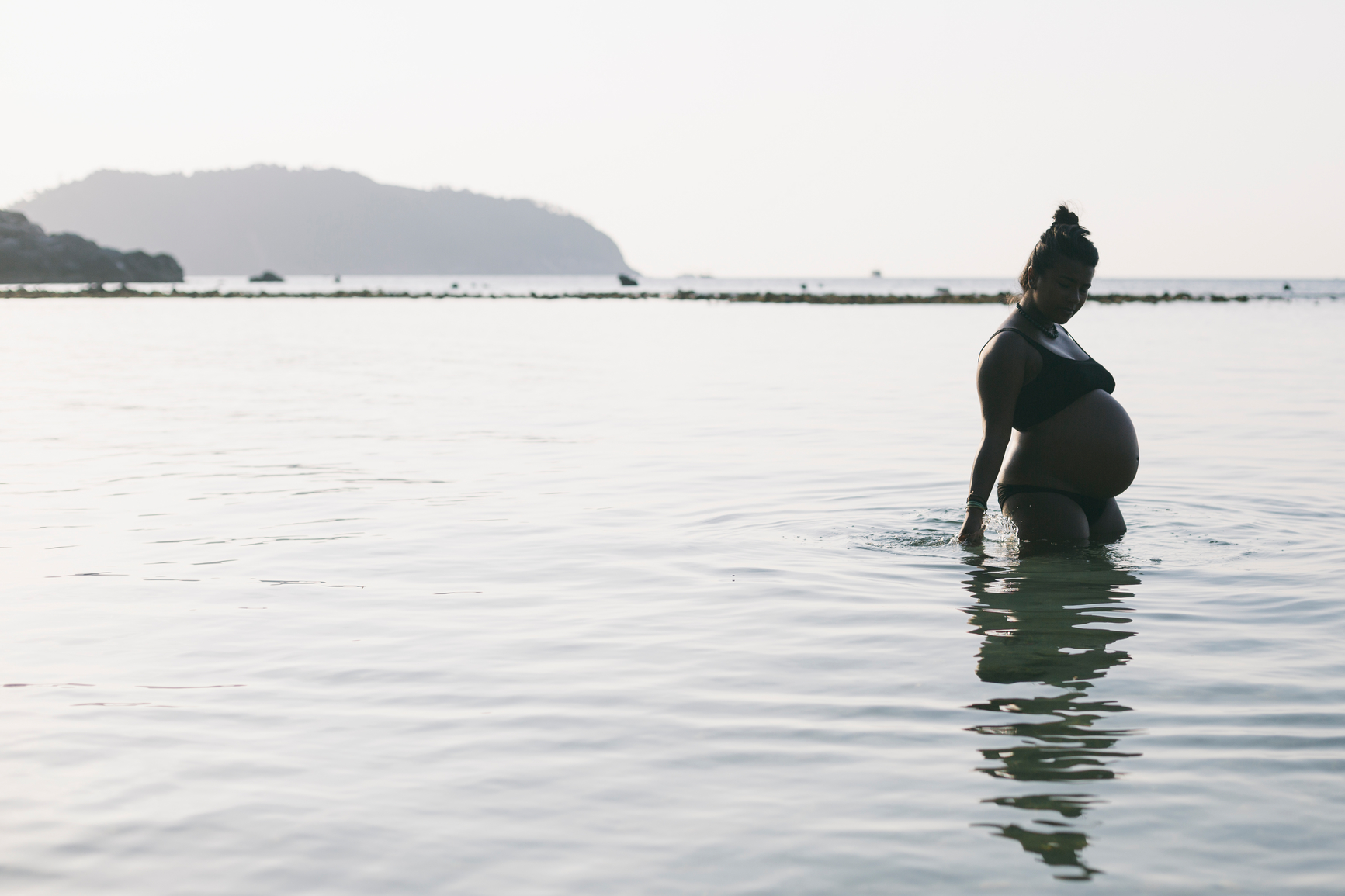
-
Avoiding cold and flu during pregnancy
During pregnancy, women are at an increased risk of experiencing complications from the flu. Make sure you understand what steps you can take to help keep you and your baby healthy.
-
Choosing childcare that fits your family
Here’s what you need to know when choosing childcare
-
How to avoid 'dad bod'
How to keep fit and healthy with a new baby in the house
-
Expecting a baby during COVID-19
We address some common questions you may have.
-
How your extras can help during pregnancy
Use your cover to stay healthy
-
Pregnancy self-care essentials
Obstetrician Dr Chris Russell shares some advice.
Subscribe to receive the best from Live Better every week. Healthy recipes, exercise tips and activities, offers and promotions – everything to help you eat, move and feel better.
By clicking sign up I understand and agree to Medibank's privacy policy



